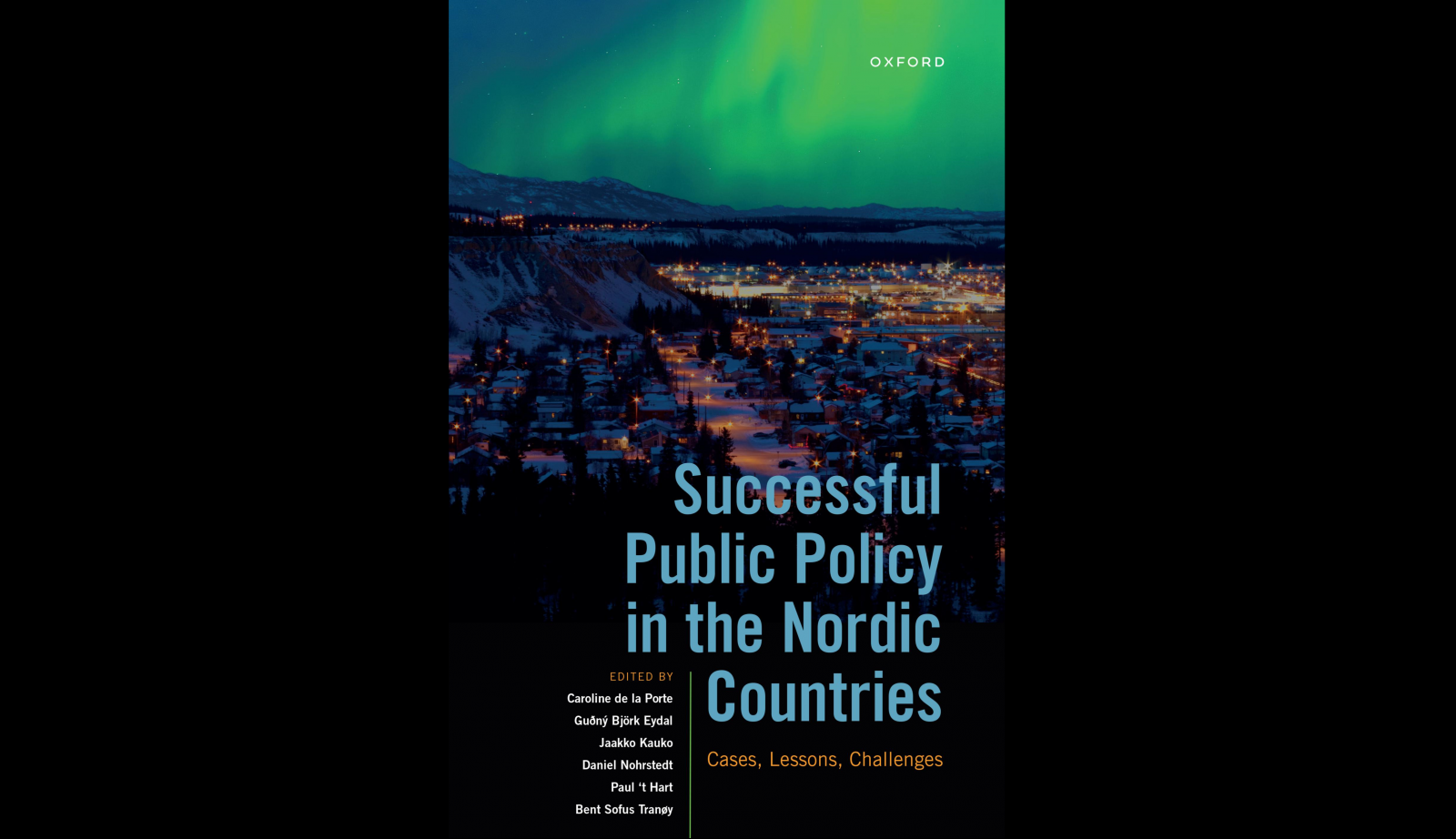A new book on Nordic public policy successes is out. Jaakko Kauko is in the editorial team and he wrote a chapter together with Hannele Pitkänen (EduKnow) and Janne Varjo (University of Helsinki) analysing how successful Finnish model of enhancement-led evaluation in comprehensive schools is.
In the chapter they track the long history of Finnish evaluation of comprehensive schools. They analyse how Finland has created a model that goes against the grain of global competition-based evaluation model. In the conclusion they see the evaluation policy as a partial success:
“In sum, we argue that the programme and political elements of the Finnish comprehensive school’s quality evaluation have been a success that has also shown temporal durability. However, the success is only partial, given the processual shortcomings generally linked to the lack of transparency and discussion. These questions have been better articulated with the centralization of evaluation functions in FINEEC, which now wields a lot of power in evaluation. A more unified form of evaluation may lead to more centralized and sudden changes, possibly risking the temporal endurance.”
The book is edited by Caroline de la Porte, Guðný Björk Eydal, Jaakko Kauko, Daniel Nohrstedt, Paul ‘t Hart, and Bent Sofus Tranøy. It contains 23 cases of iconic public policies in the Nordic countries that ‘worked’, that delivered public value, received broad political and public support, and have remained viable for decades. Each case study is analysed using a systematic framework for success assessment that builds on the pioneering work of Allan McConnell, and which has now been applied to nearly 100 case studies spread across four open access volumes.
The book is open access and available via Oxford University Press.

